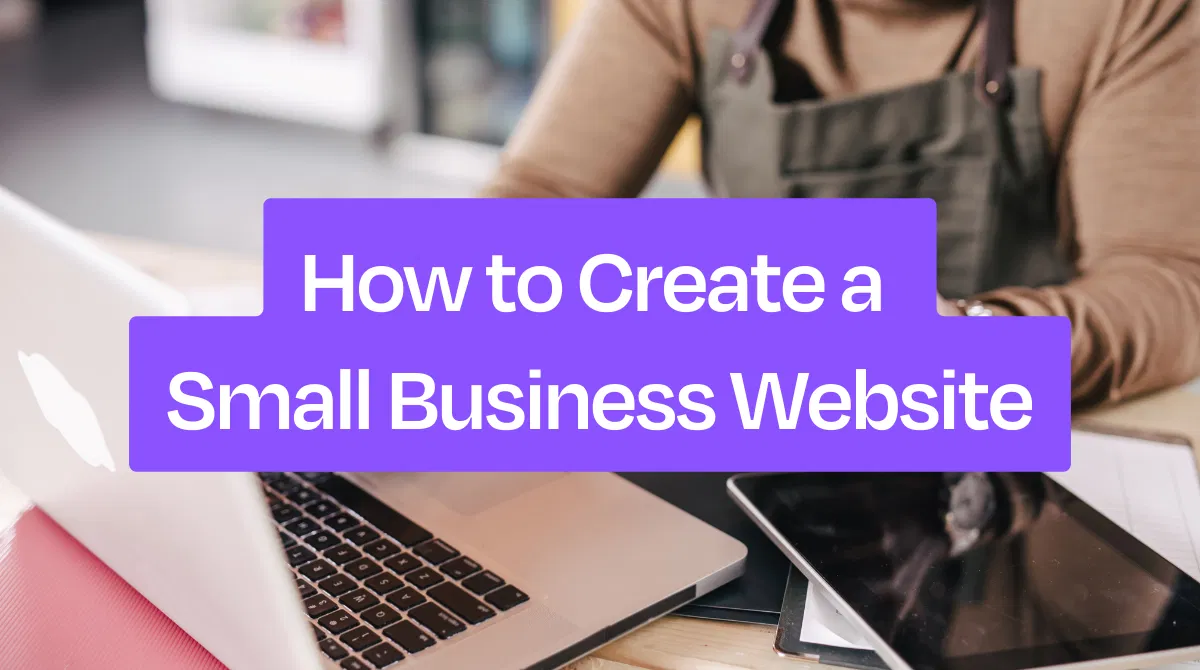How to Create a Website for Your Business

Having a website is one of the best ways to grow your business, attract new customers, and build credibility. The good news? You don’t need to be a tech expert to create one.
Step 1: Define Your Website’s Purpose
Ask yourself:
•Do you want to sell products/services online? (E-commerce site)
•Do you want to showcase your portfolio?
•Do you want to provide information (like a blog or company page)?
This will guide how your website should look and function.
Step 2: Choose a Domain Name
•Your domain is your website address (e.g., www.mybusiness.com).
•Tips for choosing:
•Keep it short and easy to spell.
•Use your business name if possible.
•Choose a .com extension (or .gh if in Ghana, .co.uk, etc. depending on location).
Buy your domain from providers like Namecheap, GoDaddy, or Google Domains.
Step 3: Select a Website Platform
You can build your site in different ways:
•WordPress (flexible, best for growth)
•Wix or Squarespace (drag-and-drop, beginner-friendly)
•Shopify (best for e-commerce businesses)
Step 4: Get Web Hosting
If you choose WordPress, you’ll need hosting.
•Hosting is where your website “lives” online.
•Popular hosting companies: Bluehost, SiteGround, HostGator, or DreamHost.
Some builders like Wix and Shopify include hosting automatically.
Step 5: Design Your Website
•Pick a template/theme that matches your business style.
•Customize with your brand colors, logo, and fonts.
•Add important pages:
•Home – overview of your business
•About Us – who you are, your mission
•Services/Products – what you offer
•Contact Us – phone, email, address, social links
•(Optional) Blog – to share updates or tips in your industry
Step 6: Add Business Features
•E-commerce store (if you sell products)
•Booking system (for service-based businesses)
•Payment gateway (PayPal, Stripe, Mobile Money, etc.)
•Contact form (so customers can reach you easily)
Step 7: Make It Mobile-Friendly
Most people will view your website on their phone.
•Choose a responsive theme.
•Always check how your site looks on mobile.
Step 8: Optimize for SEO
SEO (Search Engine Optimization) helps people find your site on Google.
•Use keywords related to your business.
•Add clear titles, headings, and descriptions.
•Write content that answers customer questions.
Step 9: Connect Social Media
•Link your site to Instagram, Facebook, LinkedIn, TikTok, Twitter (X).
•Add social media icons on your homepage or footer.
Step 10: Launch and Promote
•Double-check everything.
•Hit Publish.
•Share your site with customers, on social media, and in marketing materials.





